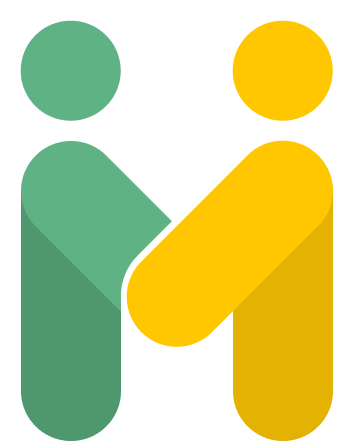With reports of the COVID-19 pandemic’s impact on mental health, the need for mental health resources is being advocated for on a large scale. University of Waterloo alumnus Kunal Gupta, founder and CEO of Polar and board member of the Centre for Addiction and Mental Health (CAMH), had the idea of a health tech tool that would help people track their mental health, while providing actionable resources to promote the formation of positive habits.
Under the mentorship of Gupta, four UW Undergraduate students — second-year systems design engineering student Lily Tao, third-year biomedical engineering student Muiz Sohani, third-year psychology and business student Emilie Chase and third-year public health student Nilusha — founded Mental Health Score during their co-op term at social impact lab Year Zero Studios.
“It started as a [Microsoft] Word document with the idea of it written across, and then we just went to work and did a bunch of research. We decided that it would be best to have a screening and have results, so they [users] can look back and see their ups and downs for their growth and their health and their wellness,” Chase said.
According to Gupta, the goal was to create a screening method where results could be tracked over time, giving the individual a comprehensive view of their mental well-being and enabling them to track it over a number of weeks, months, and even years. The screening component is largely based on the Warwick-Edinburgh Mental Wellbeing Scale.
Mental Health Score is a website designed for users to take anonymous mental health screenings. Users are able to track their mental health over time as they continue to take more evaluations and have access to resources tailored to their needs. The evaluation takes less than five minutes. Users can view results and access personalized resources for areas of improvement. A personal dashboard allows users to track their mental health progress over time and the website also provides additional support resources.
The screening itself asks users questions about their feelings over the past week where they can respond in five categories ranging from “Never” to “Always.” Results are given in category breakdowns, with a strongest category area and a category area to focus on. These categories are “balance,” “confidence,” “attitude,” “resilience,” “sensibility” and “fulfillment.”
Each category has a drop-down menu that explains the meaning of that area and offers two personalized resources to read. To save the screening’s results, users can create a dashboard by signing up using a Google account. The results page also offers a reminder system to check in with the user once a week, biweekly or monthly and either through text, email or both.
Resource articles can be read by individuals on their own outside of taking the screening. Additional resources include some specific to UW, helplines and professional help, which contain links to find therapists, counsellors and psychologists in Canada and in province-specific locations, as well as the U.S. and internationally.
Mental Health Score launched in fall 2020 and saw more than 400 screenings taken by the end of the year. These numbers have since doubled with over 800 screenings taken as different UW students work on the project and vision of Mental Health Score.
Mental Health Score user Vishaali Rajasegar, a third-year arts and business student, said she found the website to be valuable to her.
“It gives the chance to develop your emotional intelligence and your emotional awareness and I think that is something that is super vital in every person…especially as busy as we are with school and different projects on the side and with work, you don’t really get the time to jot down on a chart saying, ‘this is how I’m feeling today’ but Mental Health Score just does it all for you automatically, so it’s really easy,” Rajasegar said.
Receiving feedback from Mental Health Score users is something the founders identify as one of the most rewarding aspects of working on the project. “I’ll never forget when Kunal sent us that little snippet of that one person saying how Mental Health Score and the resources helped them…the work being used was really nice to see,” Nilusha said.
Head developer Sohani echoed similar thoughts saying, “As a developer, the joy was seeing it come to life, to work on something that is doing good…one of my biggest highlights was presenting it to people and getting their feedback…that made it worth all the work that we had done.”































